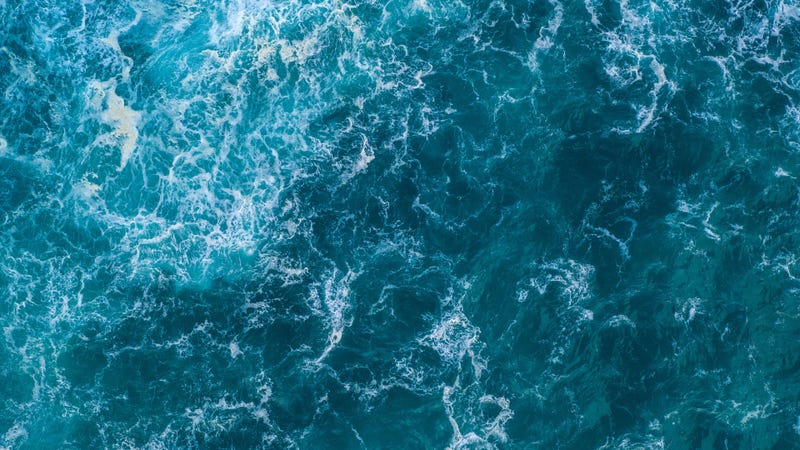
This Earth Day, we're turning our eyes towards the sea, and talking with Cat Uden of international ocean advocacy group, Oceana, about the one thing we can do to help protect our oceans.
LISTEN NOW: 1Thing - Protecting the Oceans with Oceana
At Audacy, we believe everyone wants to live in a beautiful clean environment and that every person can make a difference. That’s the power of 1Thing.
Our company’s 1Thing sustainability initiative promotes positive environmental practices and living. One person doing one thing is good. All of us doing our one thing together is better. And when we each share our one thing, it becomes a hundred things, a thousand things, a million things for our planet. That’s the power of 1Thing - to inspire, to spark action, to challenge each other to do our part individually and together. Because this planet doesn’t belong to just one of us. It’s the one thing we all share.
Today, we go to South Florida, where Audacy hosts Ivy Unleashed and Ashley O, talk with Cat Uden, Senior Field Representative from Oceana, to talk about protecting our planet’s oceans. From beach cleanups, to limiting plastic use, to becoming civically engaged with local lawmakers, Cat shares what you can do to keep our oceans clean and safe.
"In the deepest, darkest places of the ocean, there is nowhere that seems to be safe from plastic," Uden explains, discussing the microplastics that fill our oceans and are consumed by everyone. "It's also affecting our human health."
"Oceana just came out with a foam report, polystyrene foam, food containers and drink containers. If somebody wants to go on and read it, it's on our website, and just how these containers are affecting human bodies. These plastics get into our food, into our drinks, especially when you heat them. I won't eat out of polystyrene foam and I won't let my children drink or eat anything out of polystyrene foam, just because I'm so educated about it now and I know so much about it. It's not just the dolphins and the whales, it's also human health and it's affecting our water supply and everything that we eat."
"Most of us are taught that way, you know, 3 R's, reduced, reuse, recycle," Kat shares. "I actually don't include recycle in my R's. My R's are reduce, reuse, refuse, and refill. So I leave out recycle altogether because I know the life cycle of plastic, and it's a problem to use it in the first place."
To hear much more about what you can do to help protect the oceans, listen to our Earth Day special on your favorite Audacy station or press play on the full episode above.